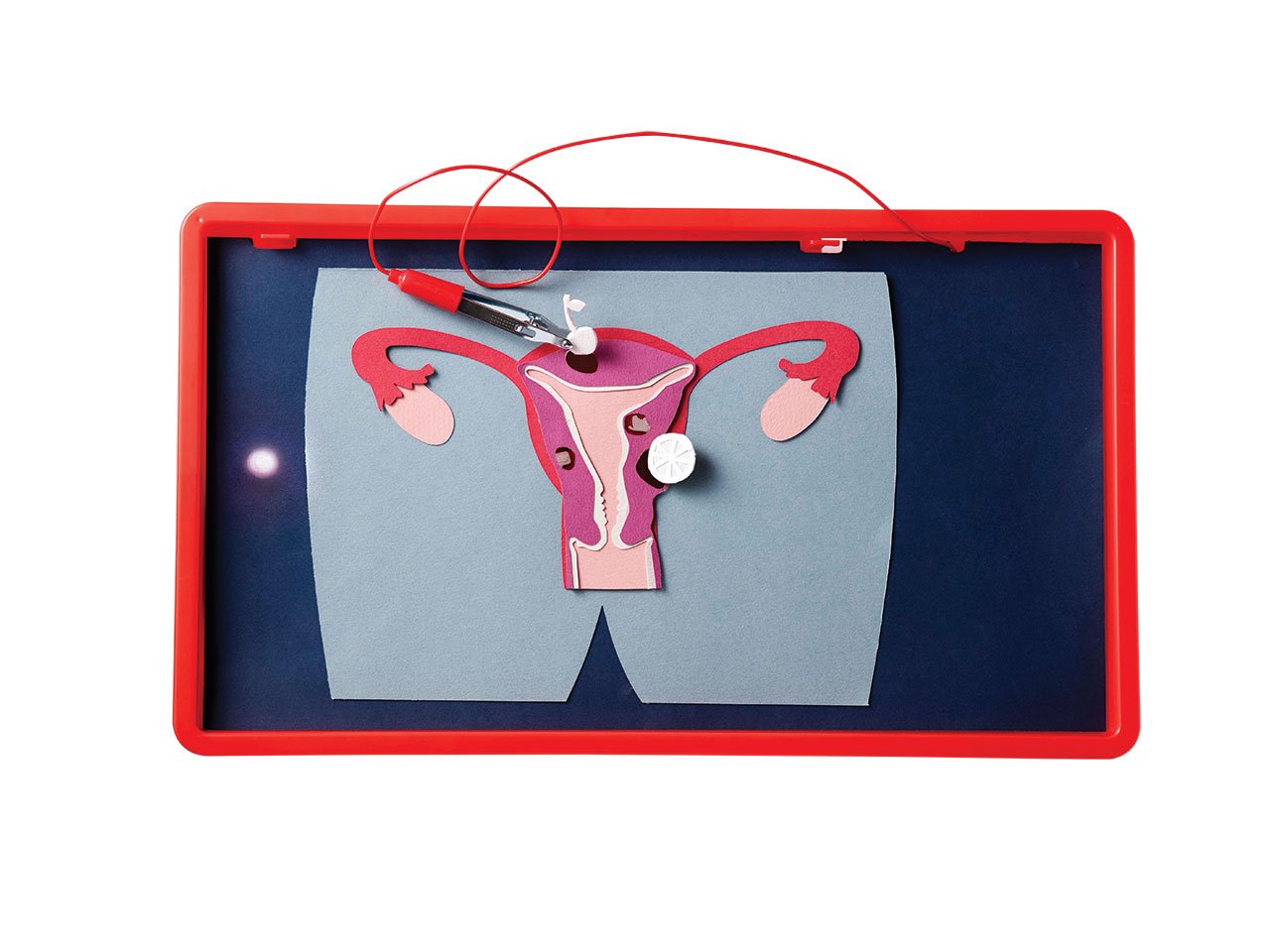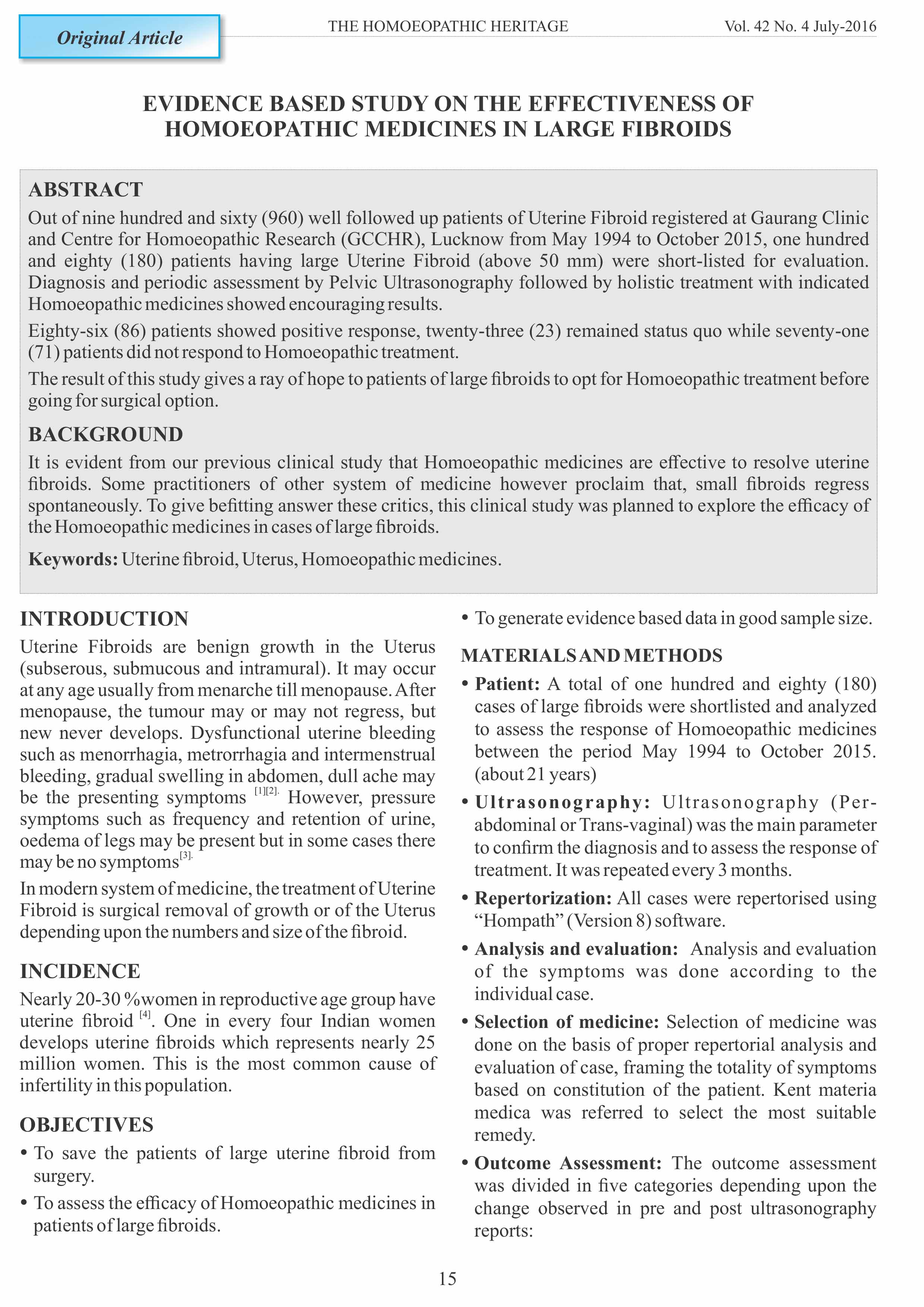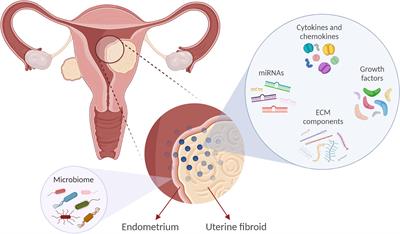Uterine fibroids, also known as leiomyomas or myomas, are benign tumors that grow in the uterus. These tumors are common, with an estimated prevalence of 70-80% in women over the age of 50. While uterine fibroids are not cancerous, they can cause a variety of symptoms and complications, including heavy menstrual bleeding, pelvic pain and pressure, and difficulty becoming pregnant.
Research on uterine fibroids has focused on understanding their causes, risk factors, and treatment options. There is evidence that genetics, hormones, and environmental factors may play a role in the development of uterine fibroids. For example, research has shown that women with a family history of uterine fibroids are more likely to develop them, and that fibroids are more common in African American women. Hormonal imbalances, particularly an excess of estrogen, may also contribute to the development of uterine fibroids.
Treatment options for uterine fibroids include medications, such as hormonal contraceptives or gonadotropin-releasing hormone agonists, and surgical procedures, such as myomectomy (removal of the fibroids) or hysterectomy (removal of the uterus). Research has shown that both medications and surgical procedures can be effective in reducing symptoms and complications associated with uterine fibroids. However, each treatment option has potential risks and benefits, and the most appropriate treatment will depend on the individual patient and their specific needs and preferences.
There is ongoing research on new treatments for uterine fibroids, including minimally invasive procedures, such as uterine artery embolization, and new medications, such as selective progesterone receptor modulators. These treatments have the potential to offer more targeted and less invasive options for the management of uterine fibroids.
In addition to research on treatment options, there is also ongoing research on the impact of uterine fibroids on women's health and quality of life. Studies have found that uterine fibroids can have a significant impact on women's physical, emotional, and social well-being, and that this impact may be greater for women of color and women with lower socio-economic status. Further research is needed to understand the full extent of the impact of uterine fibroids on women's health and to identify strategies for addressing these impacts.
Overall, research on uterine fibroids has made significant progress in understanding their causes, risk factors, and treatment options. However, there is still much to learn about these tumors and their impact on women's health. Continued research on uterine fibroids is important for improving the diagnosis, management, and long-term outcomes of these tumors for women.







